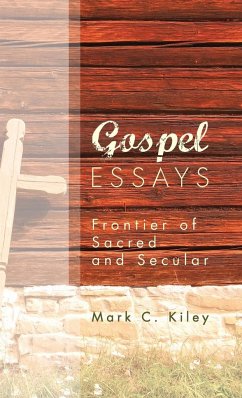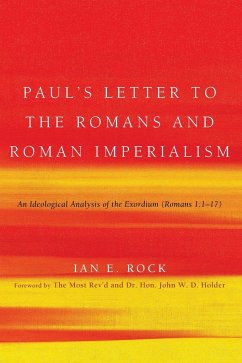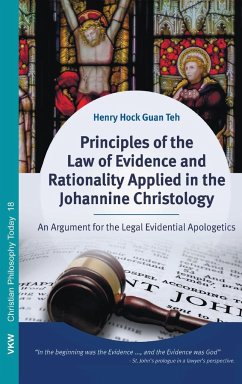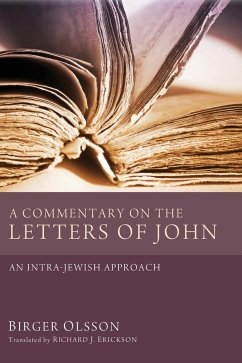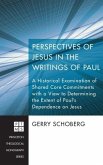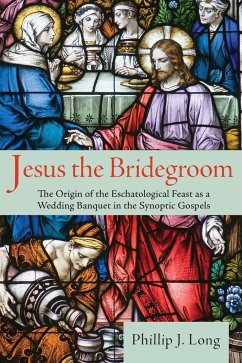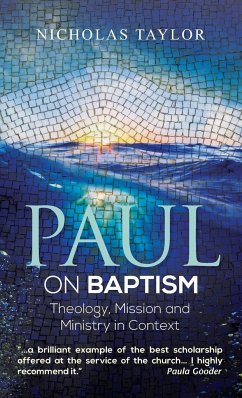Description: Is meticulous Matthew also mathematically so? Why does Matthew alone in the canon discuss guards at Jesus' tomb? For popular storytellers in the early church, is the serpent of the Garden the unseen catalyst in the murder of John the Baptist? Why do almost three dozen words beginning with the Hebrew letter ayin have analogues in Luke's infancy narratives? Why do Mary's meditations there cohere with Psalm 19? John's Jesus describes himself as Way, Truth and Life. Does this bear any relation to the single Latin term veritas? St. Ignatius of Antioch, in his letter to the Ephesians, talks about the song of the Body of Christ and people as stringed instruments. Does John know that idea? What does the Roman legend of the emergence of bees from the carcass of a slain ox have to do with the early church? In these close readings of the Gospels, the reader will rediscover the fascination of listening to some of the original resonance of the New Testament text with Hebrew, Greek, and Latin culture. Attentive to detail and persistent in asking questions about the larger picture, this scholarship fulfills the promise inherent in research. About the Contributor(s): Mark C. Kiley is Associate Professor of Theology and Religious Studies at St. John's University, New York. He is the author of Colossians as Pseudepigraphy, general editor of Prayer from Alexander to Constantine: A Critical Anthology, and has written for The Catholic Biblical Quarterly, Journal of Biblical Literature, Biblica, and Biblical Theology Bulletin.
Hinweis: Dieser Artikel kann nur an eine deutsche Lieferadresse ausgeliefert werden.
Hinweis: Dieser Artikel kann nur an eine deutsche Lieferadresse ausgeliefert werden.

